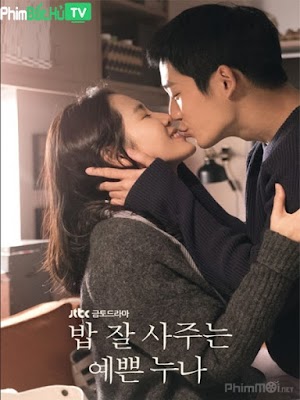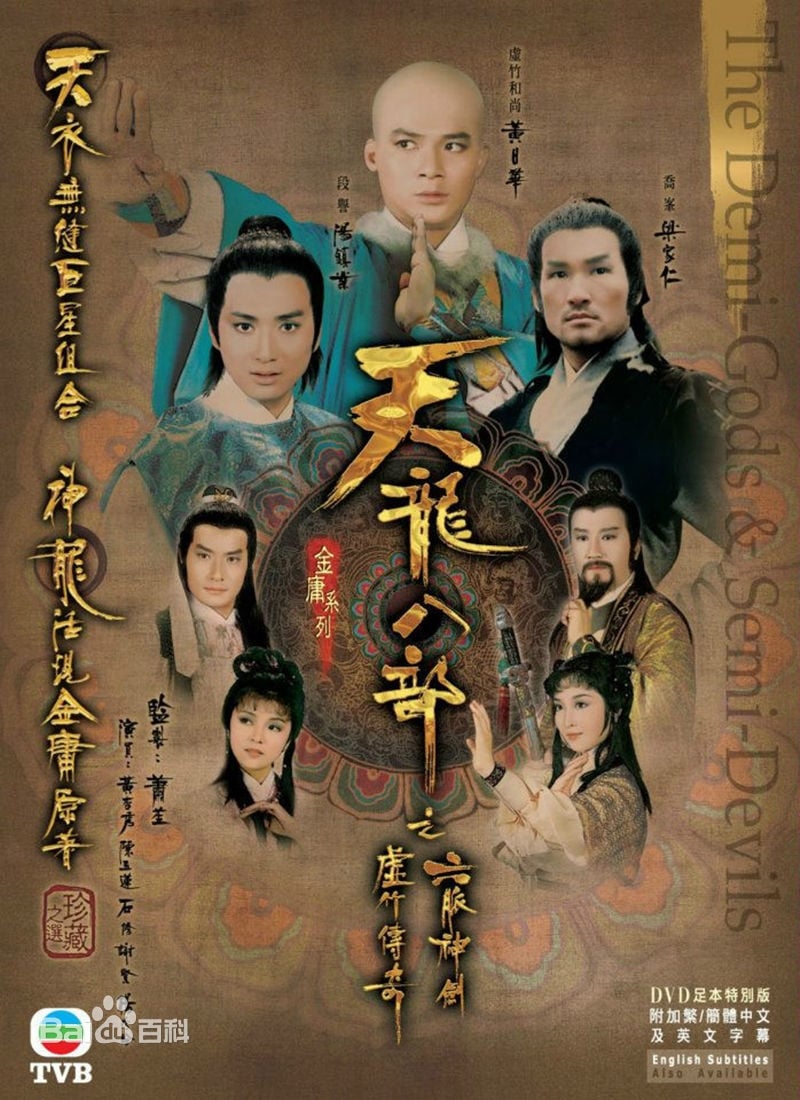12.12: The Day
12.12: The Day is a remarkable film that recreates a turbulent historical event in South Korea in December 1979. After President Park Chung-hee was assassinated, South Korea fell into chaos with the declaration of martial law and the emergence of a coup led by Defense Security Commander Chun Doo-gwang. The film follows the power struggle between Chun Doo-gwang and Capital Defense Commander Lee Tae-shin, who firmly believes that the military should not interfere in politics.
From the very first minutes, 12.12: The Day immerses the audience in intense tension as Chun Doo-gwang and his loyal officers launch a coup to seize control. Meanwhile, Lee Tae-shin, a soldier loyal to the principle of a non-political military, stands against Chun Doo-gwang. The confrontation between the two quickly escalates as other military leaders remain hesitant, and the Defense Minister mysteriously disappears.
12.12: The Day stands out not only with its realistic scenes but also with the outstanding performances of the actors. Lee Tae-shin, portrayed by a veteran actor, excellently conveys the image of a determined and steadfast soldier. Chun Doo-gwang, with his intense desire for power, symbolizes ambition and decisiveness. The contrast between these two main characters forms the backbone of the film's plot, vividly depicting the deep conflicts within the South Korean military at that time.
The film 12.12: The Day also successfully portrays the inteal conflicts and psychological struggles of the characters. Lee Tae-shin, although determined to oppose the coup, still faces doubts and pressures from his comrades. Conversely, Chun Doo-gwang has to deal with inteal conflicts and challenges in maintaining the loyalty of his officers.
12.12: The Day honors the role of ordinary soldiers in historical events. These soldiers, though not involved in major political decisions, are swept into the turmoil and must face crucial choices. The film clearly shows the complexity of loyalty and responsibility in the military, and how these values are tested during times of crisis.
In addition to the dramatic action scenes, 12.12: The Day also features moments of reflection as the characters contemplate the current situation. Conversations between Lee Tae-shin and his comrades, between Chun Doo-gwang and his officers, provide deep insights into the political and military situation in South Korea at the time. These moments help the audience understand the motivations and psychology of each character, adding a layer of humanity to the film.
The spring in Seoul that everyone anticipated took an unexpected tu. Instead of peace and prosperity, it became a season of conflict and chaos. 12.12: The Day skillfully uses the symbol of spring to reflect the people's expectations and disappointments, along with the nation's change of trajectory through historical events.
12.12: The Day is not just a military historical film but also a deeply humanistic artwork. It raises important questions about power, responsibility, and loyalty, encouraging the audience to reflect on these values in the current context.
In conclusion, 12.12: The Day is an excellent film, not only for its recreation of a significant historical event but also for providing fresh and profound perspectives on human conflicts and struggles. With superb acting, an engaging storyline, and impressive scenes, 12.12: The Day is sure to leave a strong impression on the audience.

12.12: The Day
-
Status:
- Full HD - Multi-Subtitles
- In-pyo Hong, Won-Chan Hong, Young-jong Lee
Directors: Kim Sung-su
Actors: Hwang Jung-min, Jung Woo-sung, Lee Sung-min, Park Hae-joon, Kim Seong-gyoon, Kim Eui-sung, Jung Dong-hwan, Ahn Nae-sang, Choi Byung-mo, Park Hoon, Lee Jae-yoon, Kim Sung-oh, Yoo Seong-ju, Nam Yoon Ho, Hong Seo-jun, Ahn Se-ho, Jung Hyung Suk, Park Jeong-hak
Genres: Movies, Drama, History - Biography,
Country: Korea,
Time: 2 hours 21 minutes
Release Year: 2023
Productors:
12.12: The Day is a remarkable film that recreates a turbulent historical event in South Korea in December 1979. After President Park Chung-hee was assassinated, South Korea fell into chaos with the declaration of martial law and the emergence of a coup led by Defense Security Commander Chun Doo-gwang. The film follows the power struggle between Chun Doo-gwang and Capital Defense Commander Lee Tae-shin, who firmly believes that the military should not interfere in politics.
From the very first minutes, 12.12: The Day immerses the audience in intense tension as Chun Doo-gwang and his loyal officers launch a coup to seize control. Meanwhile, Lee Tae-shin, a soldier loyal to the principle of a non-political military, stands against Chun Doo-gwang. The confrontation between the two quickly escalates as other military leaders remain hesitant, and the Defense Minister mysteriously disappears.
12.12: The Day stands out not only with its realistic scenes but also with the outstanding performances of the actors. Lee Tae-shin, portrayed by a veteran actor, excellently conveys the image of a determined and steadfast soldier. Chun Doo-gwang, with his intense desire for power, symbolizes ambition and decisiveness. The contrast between these two main characters forms the backbone of the film's plot, vividly depicting the deep conflicts within the South Korean military at that time.
The film 12.12: The Day also successfully portrays the inteal conflicts and psychological struggles of the characters. Lee Tae-shin, although determined to oppose the coup, still faces doubts and pressures from his comrades. Conversely, Chun Doo-gwang has to deal with inteal conflicts and challenges in maintaining the loyalty of his officers.
12.12: The Day honors the role of ordinary soldiers in historical events. These soldiers, though not involved in major political decisions, are swept into the turmoil and must face crucial choices. The film clearly shows the complexity of loyalty and responsibility in the military, and how these values are tested during times of crisis.
In addition to the dramatic action scenes, 12.12: The Day also features moments of reflection as the characters contemplate the current situation. Conversations between Lee Tae-shin and his comrades, between Chun Doo-gwang and his officers, provide deep insights into the political and military situation in South Korea at the time. These moments help the audience understand the motivations and psychology of each character, adding a layer of humanity to the film.
The spring in Seoul that everyone anticipated took an unexpected tu. Instead of peace and prosperity, it became a season of conflict and chaos. 12.12: The Day skillfully uses the symbol of spring to reflect the people's expectations and disappointments, along with the nation's change of trajectory through historical events.
12.12: The Day is not just a military historical film but also a deeply humanistic artwork. It raises important questions about power, responsibility, and loyalty, encouraging the audience to reflect on these values in the current context.
In conclusion, 12.12: The Day is an excellent film, not only for its recreation of a significant historical event but also for providing fresh and profound perspectives on human conflicts and struggles. With superb acting, an engaging storyline, and impressive scenes, 12.12: The Day is sure to leave a strong impression on the audience.



























